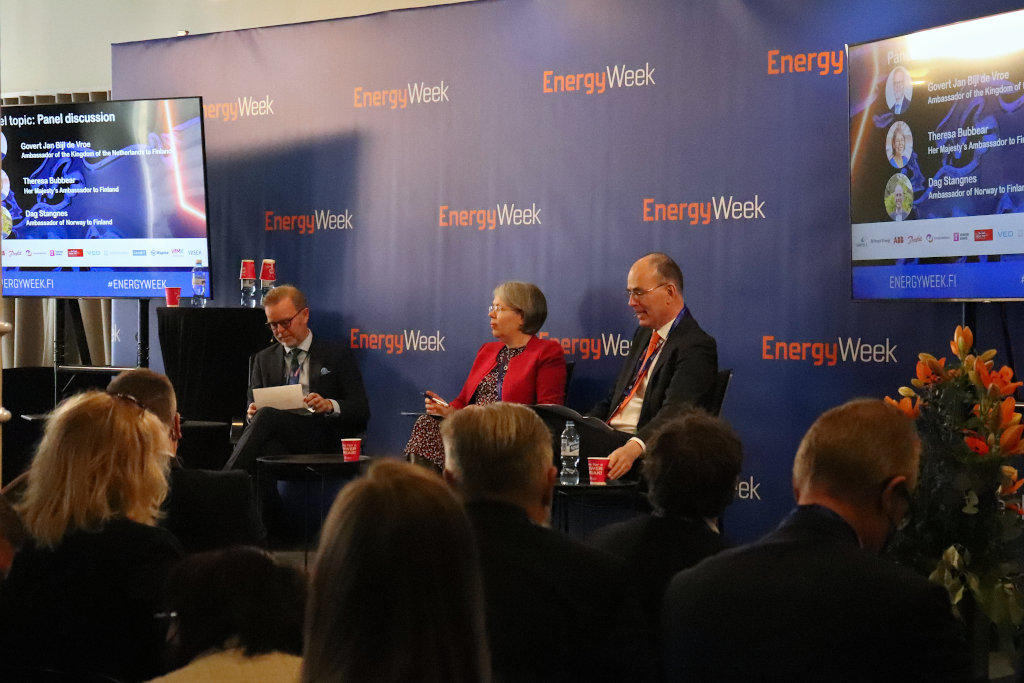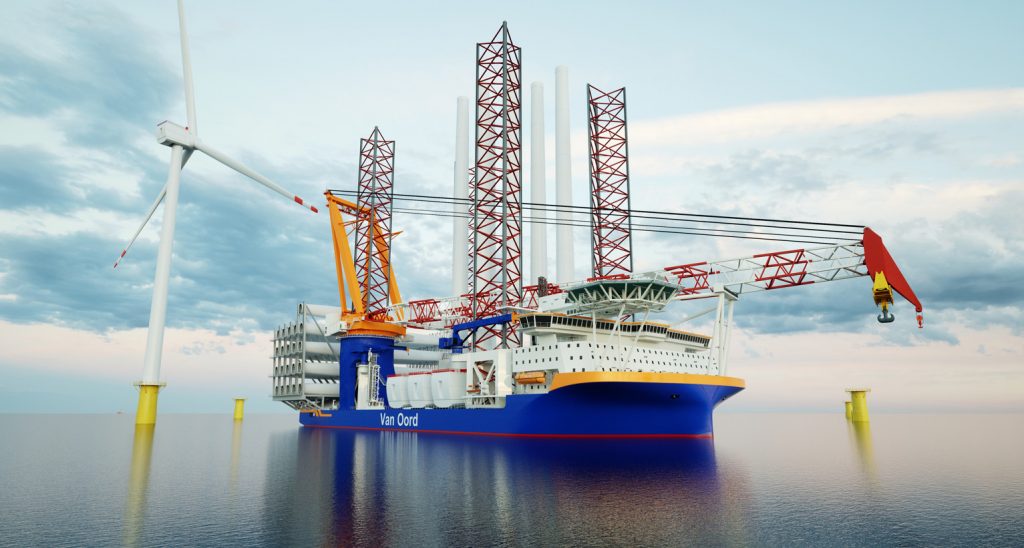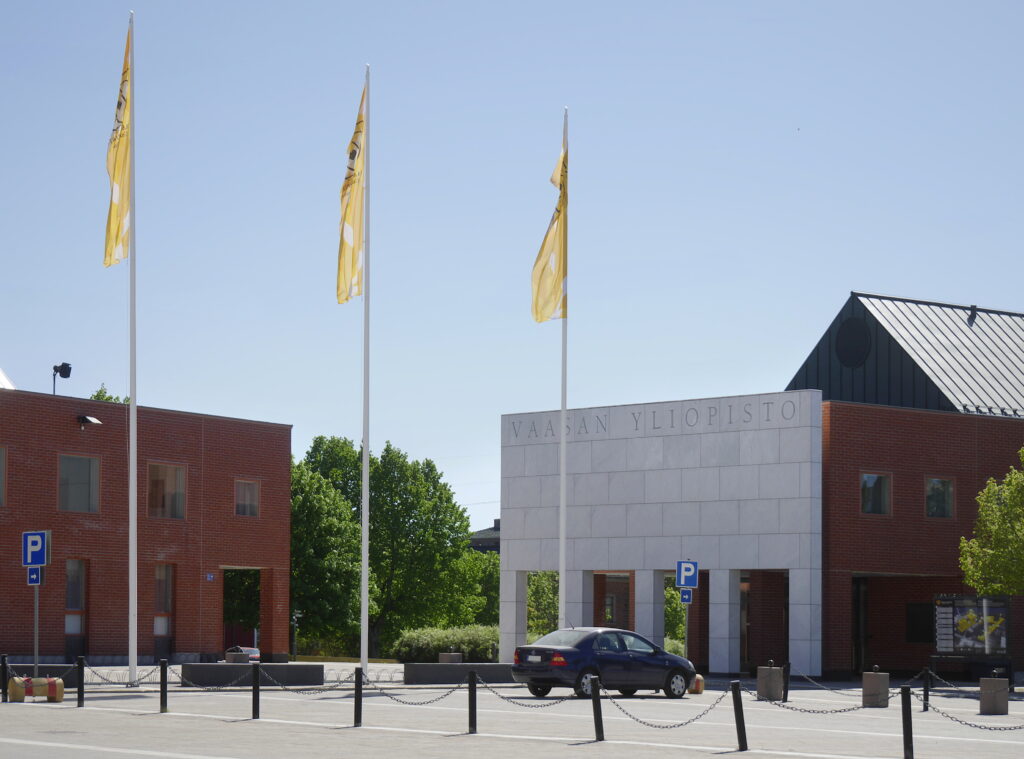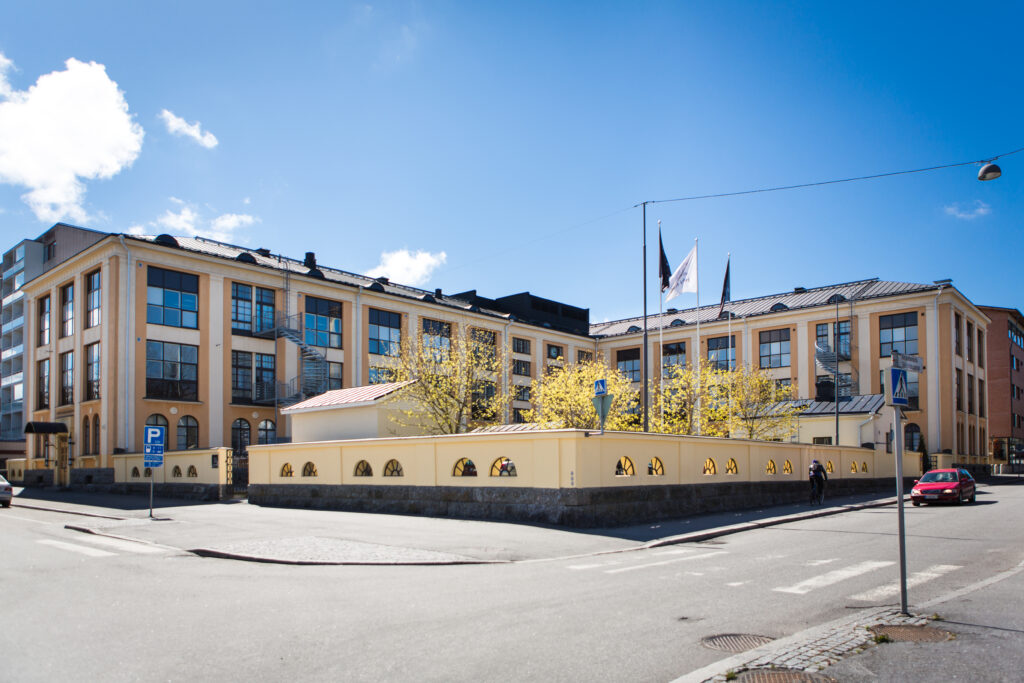Based on Wärtsilä Corporation Press release, 29 March 2022 at 10:00 AM UTC+2
By doubling new renewable energy, Europe can cut its power sector gas consumtion in half, reduce energy costs by 323 billion euros, and increase energy independence by 2030, according to a new report from Wärtsilä.
To tackle the energy crisis and enable rapid decarbonisation, the technology company Wärtsilä is calling on European leaders to implement a monumental but achievable level of cross-country coordination and investment to deliver up to 80GW per year of renewable capacity, backed by flexible balancing technologies.
“We are calling for fast decisions to accelerate renewables, tackle the energy price crisis and enable rapid decarbonisation to avert the climate emergency. The time is now,” said Sushil Purohit, President of Wärtsilä Energy and EVP Wärtsilä.
The time is now.
Kills many birds with one stone
The report, Europe’s Energy Future, demonstrates how accelerating renewables could help solve the immediate energy crisis. The modelling of 33 European countries, including 27 EU member states plus the UK, Norway, Switzerland and the Balkans, shows that if renewables are scaled up to 50% of the capacity mix by 2025, Europe could save 98 billion euros in energy costs.
The ambitious approach modelled in the report would see renewable energy share in electricity generation increase from around 33% today to over 60% by 2030 and would have a direct impact on reducing electricity bills in the short and long term, potentially by up to 10%.
This approach could cut annual power sector gas usage by 52% across the continent by 2030. This can enable the region to avoid 5,456 TWh of gas consumption, equivalent of 3.5 years of Russian gas supply to the EU (source), significantly increasing energy independence.
Sushil Purohit:
Cutting Europe’s dependence on expensive baseload fossil fuels and increasing energy independence need not cost more for power companies or energy consumers. Accelerating the transition to a clean energy system could save 323 billion euros by 2030 compared to continuing the current pace of renewables growth.
Based on two scenarios
Wärtsilä modelled two scenarios for Europe’s energy transition over the coming decade. The baseline scenario, based on the IEA’s Renewables 2021 statistics, shows European countries adding 40GW of new renewables capacity every year until 2030. corresponds to the level of deployment currently seen in Europe.,This would achieve a 50% share of renewable power by 2030.
The ambitious scenario would see double the level of renewables added – 80GW per year, to reach 61% renewable power by 2030. To provide baseload power, wind & solar must be deployed alongside balancing technologies, such as energy storage and future-proof balancing engines capable of running on sustainable fuels.
Carbon emissions are also halved in under the ambitious model, from 911 MMT CO2 in 2021 to 479 MMT CO2 in 2030. This reduction in emissions equates to nearly the entire annual carbon footprint of the UK (source).













